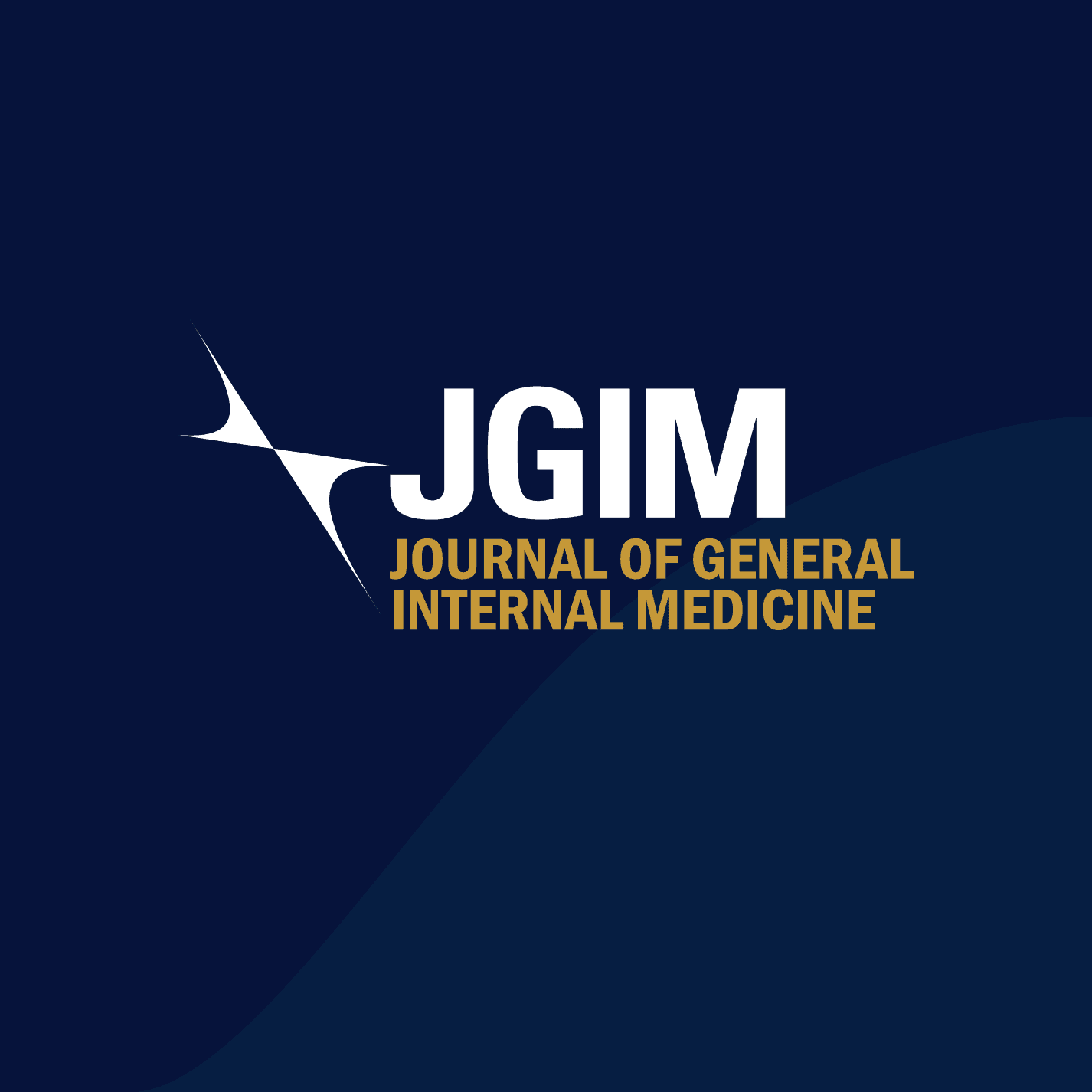Abstract
Background
The SHARE Approach Model and training curriculum was developed by the Agency for Healthcare Research and Quality (AHRQ) to teach clinicians practicing in diverse settings how to engage in more effective Shared Decision Making (SDM).
Objective
To determine the effectiveness of the SHARE Approach at improving SDM in practices located across Colorado, USA.
Design
A longitudinal study with pre- and post-intervention observations.
Participants
Primary care and cardiology practices were recruited from across Colorado. All practice staff were invited to participate in the SHARE Approach training. Patients and providers from these practices participated in SDM assessments.
Intervention
The 4-h SHARE Approach training was led by a practice facilitator and consisted of didactic lectures, demonstration videos, group discussion, and group activities.
Main Measures
Primary outcome measures included (1) evaluation of the training and confidence/understanding in doing SDM using a survey questionnaire of practice staff, (2) patient and clinician-reported SDM occurring in clinical encounters, and (3) SDM captured in audio recordings of a subset of clinical encounters. SDM was hypothesized to improve at post-intervention and maintain gains at follow-up.
Key Results
Ten primary care and two cardiology practices enrolled in the study, located across major regions of Colorado (e.g., Western slope; Eastern plains; front range) and representing diverse practice types (e.g., independent; health system; federally qualified health center). Trainee confidence and understanding of SDM and confidence in ability to engage in SDM improved at post-test and maintained gains at follow-up. Patient- and clinician-reported SDM occurring in clinical encounters did not improve significantly at post-intervention or follow-up. SDM observed on audio recordings did improve at the 6-month follow-up observation.
Conclusions
This study reports the largest and most comprehensive evaluation of AHRQ’s SHARE Approach training curriculum. The training was positively received by clinicians and may improve SDM behaviors in clinical practice.
Topic
JGIM
Author Descriptions
University of Colorado School of Medicine, 1890 N Revere Ct, Third Floor, Mail Stop F443, Aurora, CO, 80045, USA
Laura D. Scherer PhD, Daniel Matlock MD, Christopher Knoepke PhD, Robyn Wearner MA, Allyson Gottsman MA, Douglas Fernald MA, W. Perry Dickinson MD, L. Miriam Dickinson PhD, Monica McNulty MS & Mark Gritz PhD
VA Eastern Colorado, 1700 North Wheeling Street, Aurora, CO, 80045-7211, USA
Laura D. Scherer PhD & Daniel Matlock MD
Share
Related Articles
Clinical Utility of Routine Monoclonal Gammopathy Testing in the Evaluation of Peripheral Neuropathy
Abstract Background Peripheral neuropathy can be associated with certain monoclonal gammopathies; therefore,…
Starting Two or More Drugs Concurrently in Primary Care: How Often Is It Done, How Often Is It Needed?
Abstract Background There is growing awareness of the need for more cautious,…


